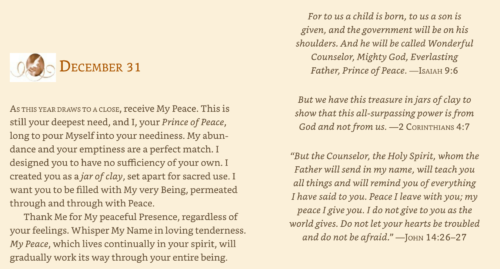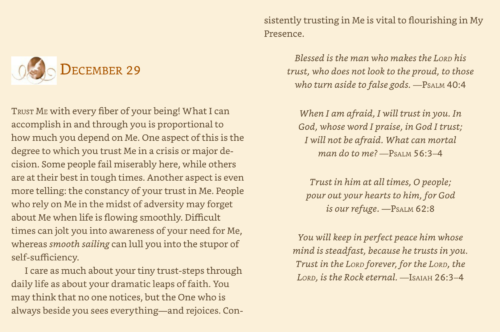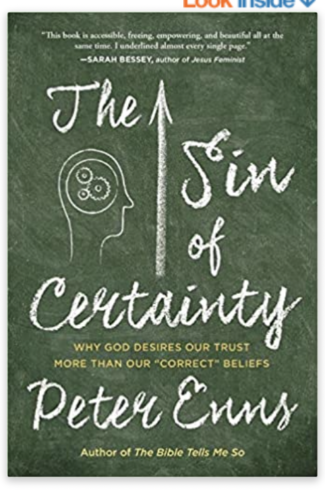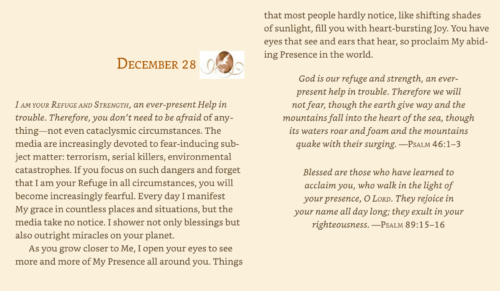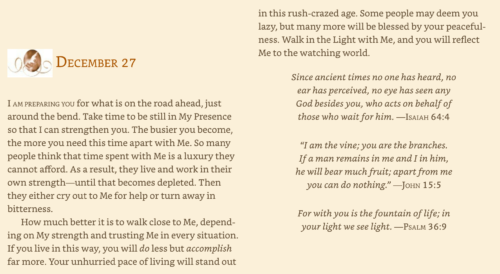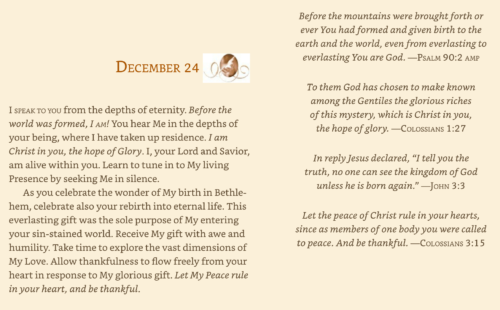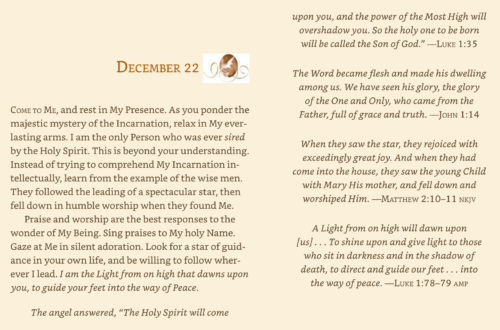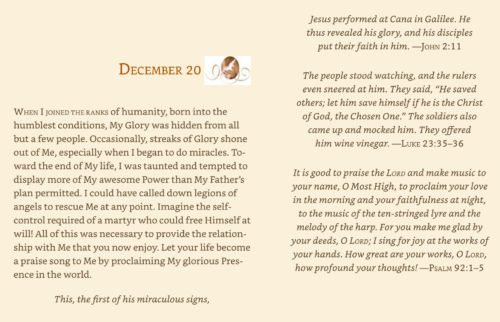A Revelation of Heaven on Earth
We return today to CAC teacher Brian McLaren, who illustrates how one of the Bible’s most challenging books—Revelation—can be a source of wisdom and hope for us today:
There’s a beautiful visionary scene at the end of the Book of Revelation that is as relevant today as it was in the first century. It doesn’t picture us being evacuated from Earth to heaven as many assume. It pictures a New Jerusalem descending from heaven to Earth [see Revelation, chapter 21]. This new city doesn’t need a temple because God’s presence is felt everywhere. It doesn’t need sun or moon because the light of Christ illuminates it from within. Its gates are never shut, and it welcomes people from around the world to receive the treasures it offers and bring the treasures they can offer. From the center of the city, from God’s own throne, a river flows—a river of life or aliveness. Along its banks grows the Tree of Life. All of this, of course, evokes the original creation story and echoes God’s own words in Revelation: “Behold! I’m making all things new!”
Rather than giving its original readers and hearers a coded blueprint of the future, Revelation gave them visionary insight into their present situation. It told them that the story of God’s work in history has never been about escaping Earth and going up to heaven. It has always been about God descending to dwell among us. . . . God wasn’t a distant, terrifying monster waiting for vengeance at the end of the universe. God was descending among us here and now, making the tree of true aliveness available for all. [1]
Earlier in the year, Richard shared the shocking hopefulness of the Bible’s apocalyptic literature:
God puts us in a world of passing things where everything changes and nothing remains the same. The only thing that doesn’t change is change itself. It’s a hard lesson to learn. It helps us appreciate that everything is a gift. We didn’t create it. We don’t deserve it. It will not last, but while we breathe it in, we can enjoy it, and know that it is another moment of God, another moment of life. People who take this moment seriously take every moment seriously, and those are the people who are ready for heaven. [2]
Brian offers this final encouragement:
What was true for Revelation’s original audience is true for us today. Whatever madman is in power, whatever chaos is breaking out, whatever danger threatens, the river of life is flowing now. The Tree of Life is bearing fruit now. True aliveness is available now. That’s why Revelation ends with the sound of a single word echoing through the universe. That word is not Wait! Nor is it Not Yet! or Someday! It is a word of invitation, welcome, reception, hospitality, and possibility. It is a word not of ending, but of new beginning. That one word is Come! The Spirit says it to us. We echo it back. Together with the Spirit, we say it to everyone who is willing. Come! [3]
